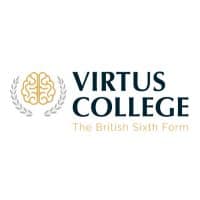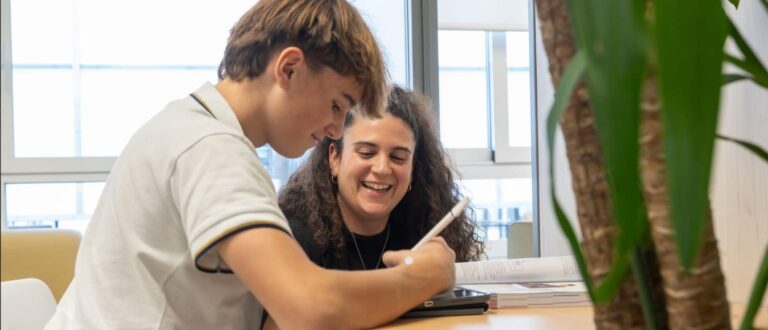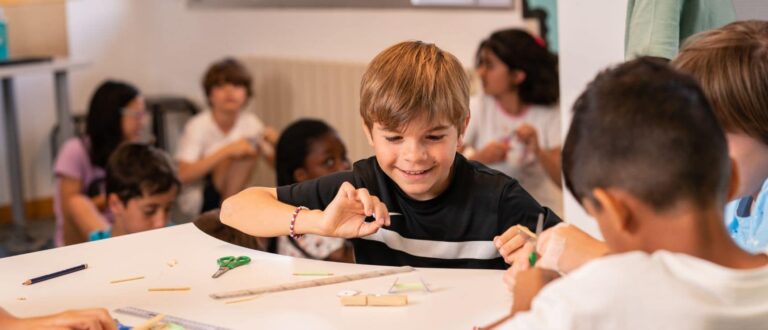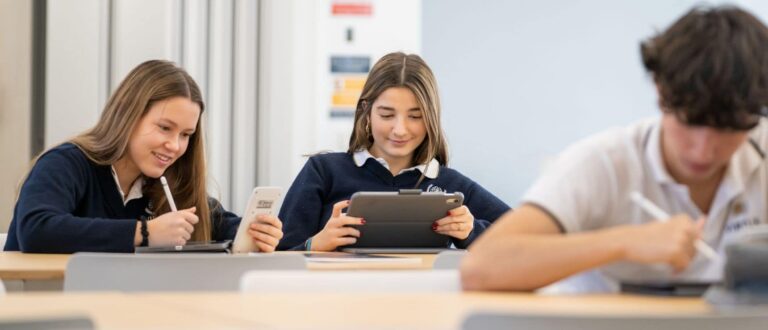A-Level is a globally recognised system of study that provides access to universities worldwide and has always been highly valued by the public. However, since the advent of the International Baccalaureate (IB), questions have arisen about the relevance of A-Levels. Is it true that A-Levels have been left behind?
In the case of Virtus, The British Sixth Form College, the answer is a resounding no. Virtus fully embraces the advantages it offers, allowing students to specialise in four subjects, a unique approach not found in other schools.
Differences with the International Baccalaureate (IB)
The International Baccalaureate (IB) is undoubtedly a good program of study, but it remains a rigid program. This means that students must strictly adhere to its guidelines, including studying six subjects, completing a Monograph, a Theory of Knowledge (ToK) essay, and engaging in Creativity, Activity, Service (CAS) activities. These requirements limit schools to focus solely on the skills and competencies defined by the IB, leaving little room for other activities or projects during school hours.
In contrast, A-Level students at Virtus specialise in only four subjects, allowing for “free periods” that, if utilised effectively by the school, offer a unique opportunity for additional learning.
At Virtus, The British Sixth Form College, we have developed our own innovative Educational Programme that leverages these free periods during the school day to enhance our students’ studies and go beyond mere exam preparation.
Development of 21st Century Skills and Competencies
To nurture 21st-century skills and competencies, Virtus, The British Sixth Form College, goes beyond conventional A-Level subjects. Our Educational Programme consists of three key components:
- British Curriculum: We offer International A-Levels (IALs), which are equivalent to standard A-Levels but differ in that students take official exams in both Year 12 and Year 13, spreading the workload over two years. This approach eases the pressure on students and minimises risks.
Additionally, students undertake the Extended Project Qualification (EPQ), an individual or collaborative research project spanning two years. The EPQ enhances students’ abilities to gather, organise, and evaluate information while honing their university-level writing skills. - Co-Curriculum: In conjunction with International A-Levels, we provide a diverse and compulsory set of offerings for all students. These include Stage Space (involving performing arts, debate, and public speaking), student-founded Clubs and Societies (covering areas like chess, photography, and finance), and various sports activities (such as padel tennis, gymnastics, yoga, and football).
- Mentoring Programme: Upon entering Virtus, The British Sixth Form College, each student is assigned a Mentor responsible for overseeing their individual Road Map. This personalised two-year plan begins with an assessment of the student’s abilities, interests, and personality. Mentors serve as the primary point of contact between the student, teachers, and the institution, facilitating weekly sessions that cover study techniques, organisational skills, university guidance, and emotional well-being.
Through our comprehensive Virtus Educational Programme, we cultivate 21st-century skills and competencies in a holistic manner, tailoring our approach to each student’s unique Road Map.
This includes critical thinking, communication, collaboration, creativity, innovation, responsibility, initiative, autonomy, information management, problem-solving, adaptability to new learning formats, and logical thinking.
As a result of our dedicated efforts, all our students secure placements in their first or second-choice universities worldwide.






